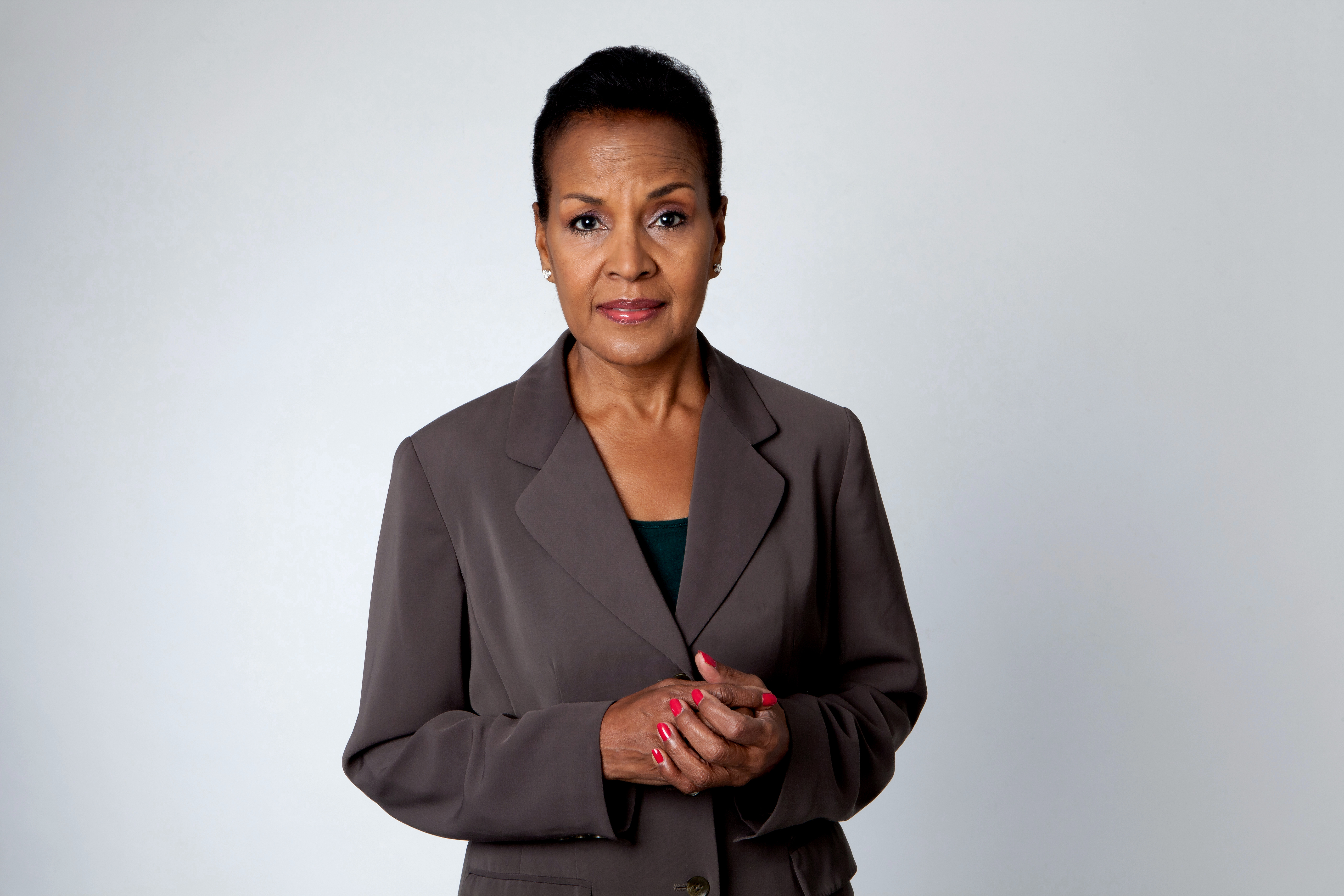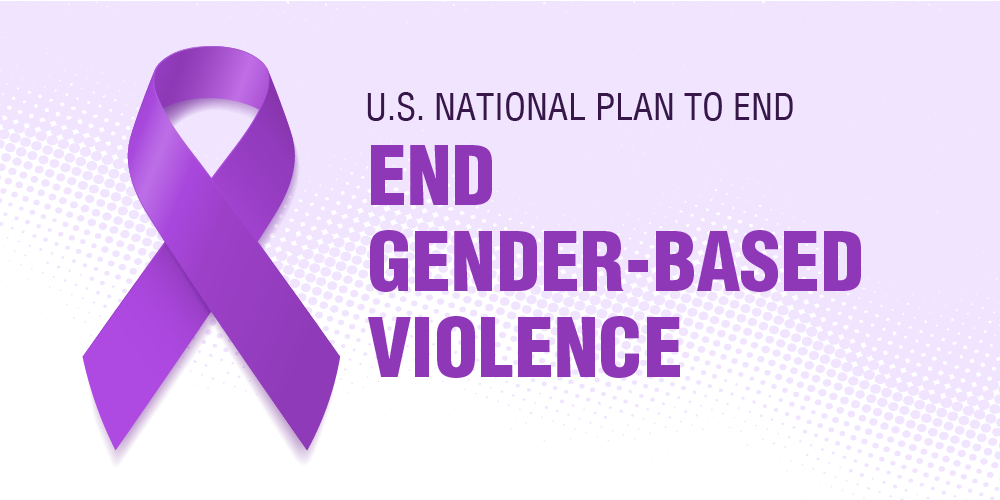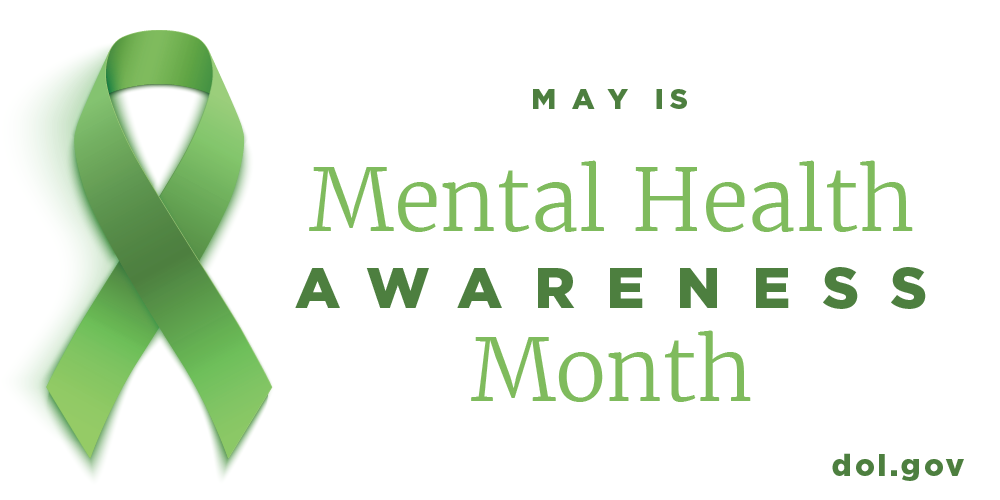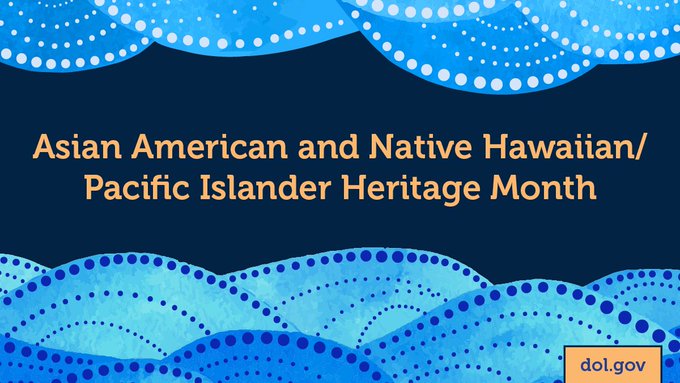
Release of Reports on Older Women Workers

May of this year marked the 60th anniversary of Older Americans Month, a time when we honor the nation’s senior citizens. Older women workers are an essential segment of the U.S. labor force. Recognizing their needs can help ensure that they can continue to work should they choose or need to strengthen their own financial security. Last week, the Women’s Bureau Director Wendy Chun Hoon moderated an event hosted by the Democratic Women’s Caucus with essential workers, including Tina Bradshaw-Smith, a D.C. public school teacher for 35 years, and Antonia Surco, a 72-year-old domestic worker. During the roundtable, the bureau’s Acting Deputy Director Tiffany Boiman shared findings from two new reports: “The Rise of Older Women Workers” and “Living on Less: Persistent Gender Disparities in Income Levels, Sources for Older Adults.”
- Get a read out of the event
- Watch the recording from the roundtable
- Explore interactive data from Living on Less and The Rise of Older Women Workers
- Read the White House proclamation
- Visit our new webpage on Women, Work, Aging and Financial Security
Earlier this month, the Women’s Bureau held a media briefing with elected federal officials to discuss the release of the report “Lifetime Employment-Related Costs to Women of Providing Family Care,” which examines how the amount of time spent providing care to children and adults impacts women’s economic well-being, even long after the caregiving ends.
Launch of U.S. National Plan to End Gender-Based Violence

Last week, Women’s Bureau Director Wendy Chun-Hoon joined the White House Gender Policy Council and representatives from a dozen other federal agencies for a launch event to announce the first-ever U.S. National Plan to End Gender-Based Violence: Strategies for Action (National Plan). Gender-based violence is a public safety and public health crisis, experienced by people of all backgrounds and ages. The National Plan is a comprehensive, government-wide approach to preventing and addressing gender-based violence and harassment in the United States.
- See the fact sheet
- Read the blog
- Hear Wendy Chun-Hoon's message on gender-based violence and harassment in the world of work
The Women’s Bureau also recently signed a memorandum of understanding with the International Labour Organization for the United States and Canada to create a world of work free from gender-based violence and harassment.
Recognizing Doulas
Doulas are nonclinical birth workers trained to provide continuous physical, emotional, and informational support to clients before, during, and after labor and birth. The Women’s Bureau conducted two listening sessions with doulas and doula servicing organizations to identify job quality gaps for doulas, specifically with respect to state-by-state variations in insurance reimbursement. This month, to mark International Doula Month, the Women’s Bureau released an issue brief, summarizing the findings from those listening sessions. Deputy Director Gayle Goldin also participated in two webinars on the role of midwives and doulas in improving maternal health outcomes.
- Read “Issue Brief: Expanding and Diversifying the Doula Workforce”
- Learn 5 Takeaways from DOL Listening Sessions with Doulas
- Watch Kendra Burrell: Why I’m a Doula
- Learn What Your Clients Should Expect from their Employer when they are Expecting
Mental Health Awareness

May is Mental Health Awareness Month. This month, the Department of Labor launched the Mental Health at Work initiative, a six-month initiative to use the Department’s diverse expertise, programs, policies, platforms, and authority to advance mental health and wellness in the workforce new mental health landing page. Learn more: www.dol.gov/mentalhealth
The U.S. has a Maternal Mental Health Hotline, which celebrated its first anniversary on Mother’s Day. To get help, dial 1-833-TLC-MAMA — a confidential, 24-hour, toll-free number — where new and expecting moms can connect with professional counselors. Visit the Health Resources & Services Administration for more information.
Celebrating AANHPI Heritage Month
During the month of May, we celebrate Asian American and Native Hawaiian/Pacific Islander Heritage Month, where we recognize and celebrate the contributions AANHPI women have made in the workplace. This year’s theme is “Visible Together.” Join us today for a livestreamed DOL event “Making Equity Real: Asian American, Native Hawaiian, and Pacific Islander Workers and Good Jobs,” to better understand the experiences, challenges, and opportunities facing AA and NHPI workers.
- Join the event (Making Equity Real: AA and NHPI Workers and Good Jobs Tickets, Wed, May 31, 2023 at 12:00 PM | Eventbrite)
- Read the proclamation
WB in the News
- McKnights Senior Living: Paid leave eliminates ‘caregiver penalties’ for women, expert says
- The Bump: Caregiving Reduces Mom’s Lifetime Earnings by 15 Percent, Report Says
- Cleveland Urban News: Ohio Congresswoman Shontel Brown, Democratic Women's Caucus discuss U.S. Department of Labor report on women's wages and life earnings as impacted by family care-giving
- Sierra Sun Times: U.S. Department of Labor Report Finds Impact of Caregiving on Women’s Wages Reduces Lifetime Earnings by 15 Percent
- 8KPAX: Moms Likely to Lose on Pay, Less Likely to Have Long Careers
- Forbes: Caregiving Moms Lose Nearly $300,000 in Earnings Over a Lifetime Report Says
- KCRG.com: Report: Caregiving reduces mother’s lifetime earnings by up to 15%
- 19th News: Caregiving costs women nearly $300,000 in lost pay over their lifetimes, Department of Labor finds
In Case You Missed It
nfrastructure Week, held May 15 –19 this year, lifts up federal investments that are producing real results to change people’s lives for the better, creating good-paying jobs and boosting American manufacturing. To celebrate the occasion, the Women’s Bureau participated in a Twitter Chat with Job Corps to discuss hard trades, some of the issues facing women in the professional world, what WB and Job Corps are doing to help solve them, and more.
The US Office of Personnel Management has proposed regulations to prohibit the use of salary history in setting pay for prospective federal workers. Learn more.
Upcoming Events
Roundtable: The Menopause Transition and Work
June 12, 2023 | 12 – 2 p.m. ET
Join the Department of Labor’s Women’s Bureau to hear perspectives from a variety of fields on the impact of the menopause transition on women workers and steps that policymakers and employers can take to support those experiencing menopause symptoms remain employed.
Register here: https://usdolee.webex.com/weblink/register/rb8a93e2e8e8fc76fbc80ed24a9bc3ab5
We Want to Hear from You!

“Occupational segregation” is the gendered sorting of men and women into different types of jobs. It leads to women being overrepresented in certain jobs, which are valued and compensated less than male-dominated jobs.
We’ve heard from many working women about their experiences with gendered job expectations, the challenges they face at work, the support systems that help them thrive and the policy changes that would help them succeed. We'd like to hear from you.
Follow the Women's Bureau on Twitter: @WB_DOL

The Women’s Bureau has championed the rights of working women and served as a convener of conversations critical to an equitable economy for women for more than 100 years.
Follow us at @WB_DOL to learn more about the latest research, initiatives, policies and updates related to working women and their families.



